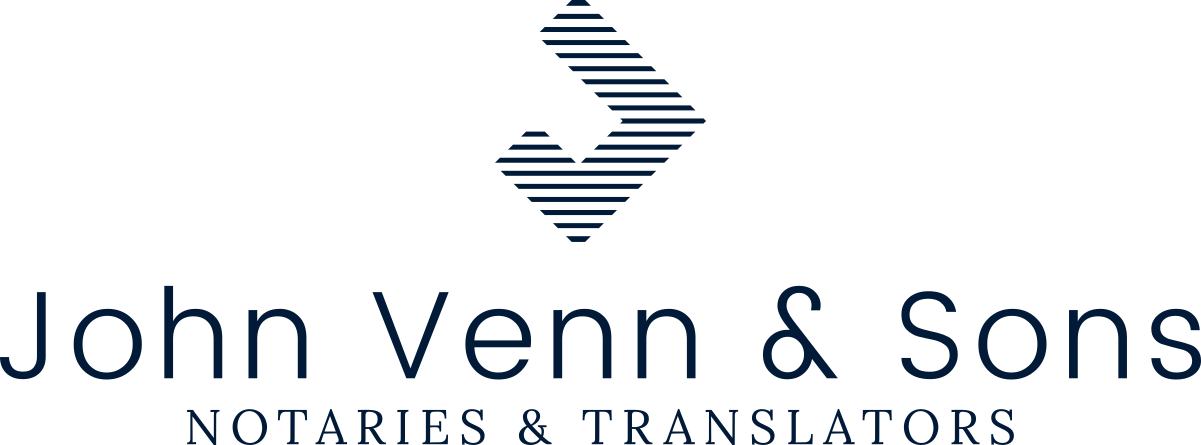Our notaries offer the following services in London, Birmingham and beyond:
- Attestation of signatures
- Electronic and online notarisation
- Registration of overseas entities
- Process Agent
- Shipping
- Preparation of foreign wills and inheritance documents
- Preparation and authentication of powers of attorney for use abroad
- Administration of oaths in relation to written evidence for use in the courts of England and foreign courts
- Notarisation of copy documents and the authenticity of public records
- Preparation and certification of legal translation
Introduction
John Venn & Sons is extremely proud to be one of the oldest firms of public notaries and scrivener notaries in London and Birmingham. We have been providing notarial services for almost two centuries with records dating back to 1839.
There exist two main classes of notaries in England and Wales today, general or public notaries and scrivener notaries.
A public notary is a lawyer whose office it is to draw up and certify documents. This is to ensure their acceptance by overseas courts and registries.
A scrivener notary is a highly qualified and specialised public notary who, as a lawyer-linguist, has the expertise to draft and certify notarial documents and acts in many languages.
For information on what is required to instruct us, as well as our terms of business, click the link below:
Documents that we are typically requested to certify include:
- Affidavits & Declarations
- Certifying copies of documents & E-Notarisation
- Companies House Documents
- Corporate/Company Powers of Attorney
- Doctors and nurses transferring their employment to Australia
- Indian High Commission – OCI & PIO Card Applications
- Land Registry ID Forms
- Life Certificate for private pension providers
- Legal Opinions
- Marriages overseas
- Name Change / Change of name deeds
- Parental Consent for child to travel Passport applications for minors
- Pre-nuptial agreements
- Passport & Identity Certification
- Polish Service
- Powers of Attorney
- Selling property overseas
- Sponsorship Declarations
Attestation of signatures
Electronic and online notarisation
In keeping with today’s dynamic working environment and growing demand for convenient work practices, where suitable, we offer clients the option of electronic notarisation (also referred to as remote notarisation and digital notarisation). This works to supplement the traditional form of attestation that is currently provided by way of “wet-ink” signature. The firm issues digital notarisations using the eIDAS Regulation standard “Qualified Electronic Signature” (this has similar characteristics to the “Advanced Electronic Signature” but offers a higher level of security for electronic signatures) for use overseas and will continue to advise clients on the best course of action in this area.
Registration of overseas entities
Further to the introduction of the Economic Crime (Transparency and Enforcement) Act 2022 (ECTE Act), an overseas entity which acquires UK property must register in advance at Companies House before applying to register its land acquisition with the Land Registry. As Companies House registered agents, we can deal with registration and verification and updating of beneficial ownership information involving company structures of varying complexity.
Process Agent
We provide a process agent administration service for use by overseas clients who have entered into legal agreements governed by English law, but don’t have a UK registered address. In this instance, there would be a need to formally appoint a local agent to accept service of process. We would act as the independent party upon whom documents, notices, court and arbitration proceedings may be served on behalf of its client.
Shipping
We can assist with the certification and registration of documents for ship sale & purchases. We can deal and liaise with the world’s major registries in order to notarise related documents such as bills of sale, ship mortgages, discharge, appointments, transfer of mortgages and declarations of ownership.
Preparation of foreign wills and inheritance documents
We work with lawyers in overseas jurisdictions to prepare and notarise wills and powers of attorney for the administration of estates. Our involvement ensures that the procedure has been undertaken with regards to the law in that jurisdiction. Other inheritance documents may also include certificates of English law or renunciations.
Preparation and authentication of powers of attorney for use abroad
We assist businesses and private clients with drafting and notarising powers of attorney for use overseas. This may either involve engrossing and amending a workable and agreed draft from counsel in the relevant jurisdiction or creating a bespoke document in accordance with your requirements.
Administration of oaths in relation to written evidence for use in the courts of England and foreign courts
In addition to being Commissioner for Oaths for proceedings in England and Wales, the firm’s notaries may also administer oaths in relation to statutory declarations and affidavits for use overseas. Such documented evidence is regularly relied on by foreign courts during legal proceedings.
Notarisation of copy documents and the authenticity of public records
It is commonplace for the firm to issue certified copies of documents such as passports, identity cards, driving licences, or commercial documentation such as commercial register extracts and internal corporate documentation. We can confirm the authenticity of original documents or content which can include degree certificates, tax letters or website material.
Preparation and certification of legal translation
The firm is well versed in providing legal translations of the highest standard…

